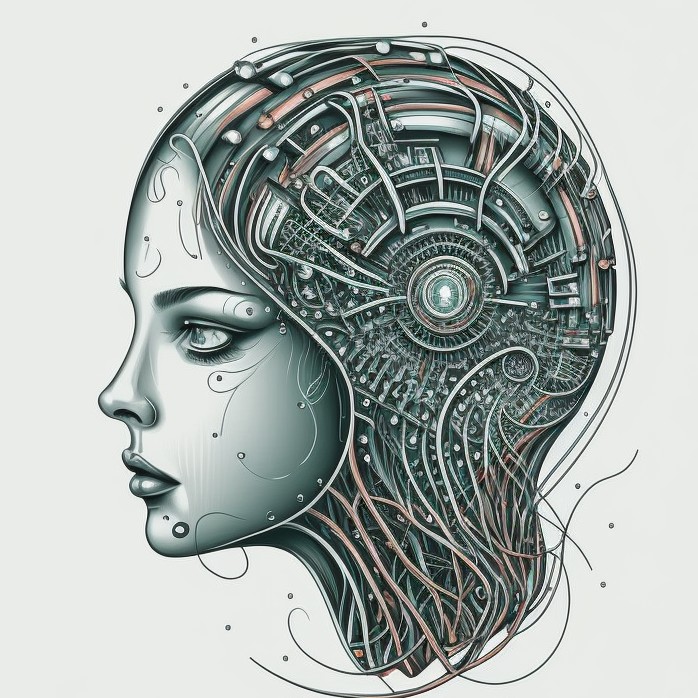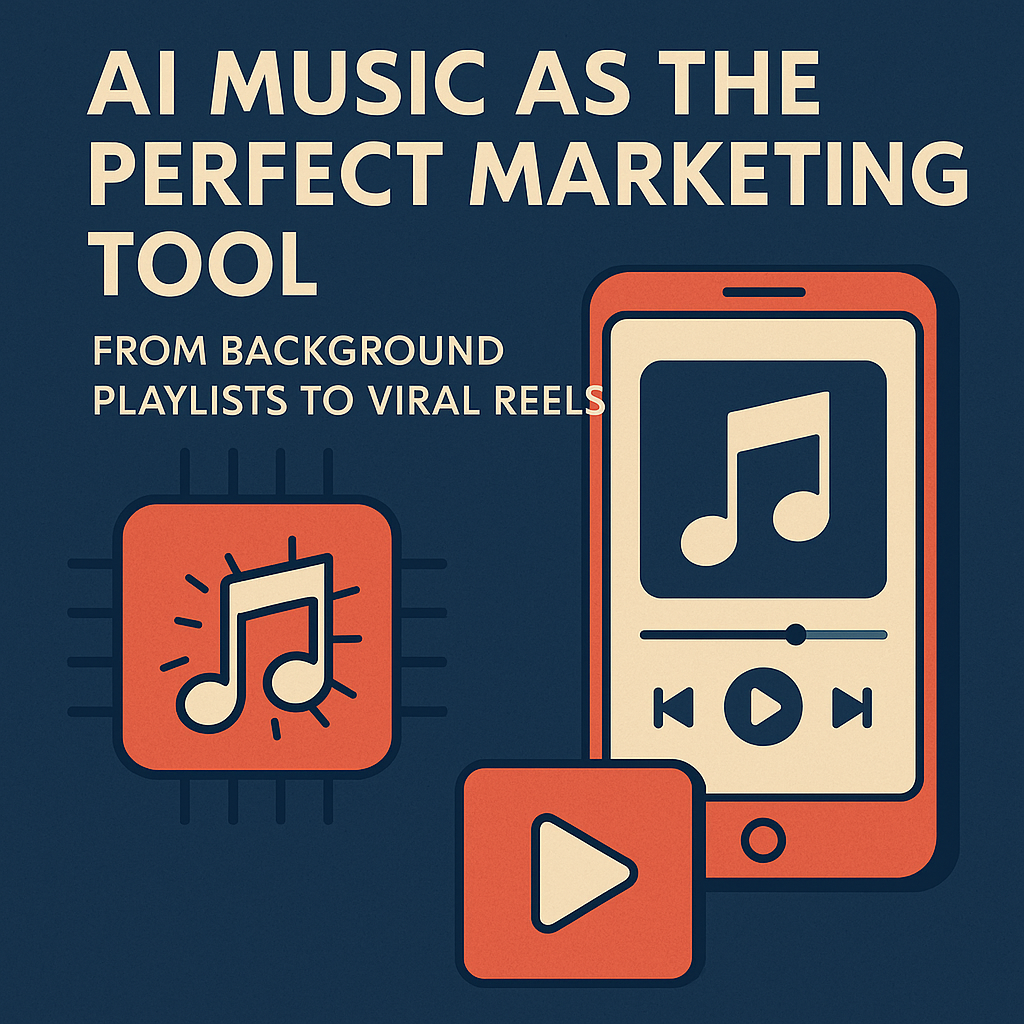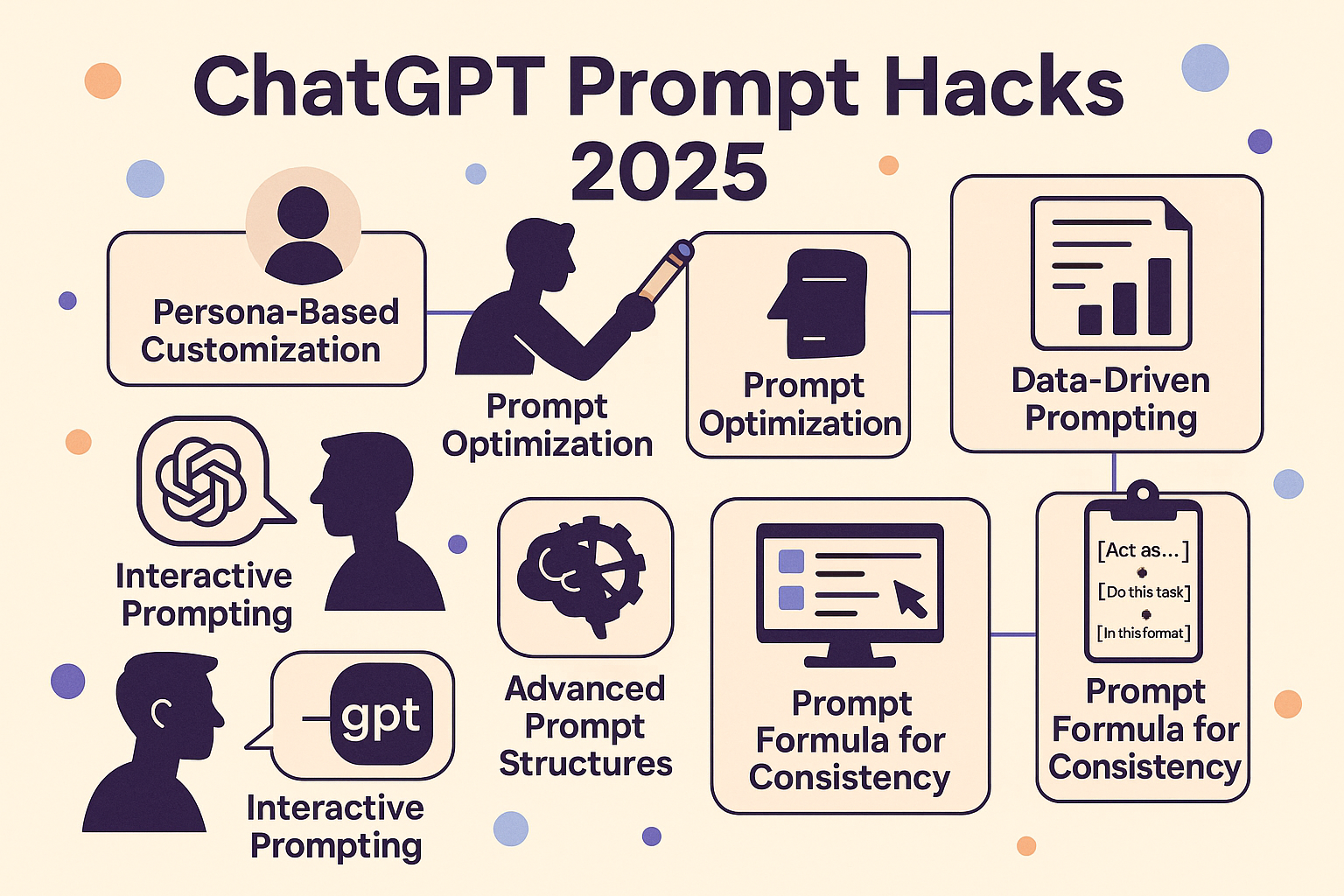Navigating the AI Revolution: Strategic and Ethical Approaches to AI Integration
Exploring the Synergy of AI and Human Intelligence for Future-Ready Innovations
Unleashing Innovation with Generative AI
The rise of generative AI heralds a new era in innovation, profoundly transforming industries from healthcare to creative arts. In healthcare, this technology accelerates drug discovery and development, enabling researchers to simulate drug interactions at an unprecedented pace, paving the way for more personalized medicine approaches. Meanwhile, in the creative sphere, generative AI challenges traditional boundaries, assisting in art creation, music composition, and even scriptwriting.
However, this incredible potential necessitates a conscientious approach. The ethical implications, such as the balance between AI-generated content and human creativity, call for careful navigation. In business, integrating AI means more than just adopting new technology; it requires a fundamental reshaping of decision-making processes, balancing AI's data-driven efficiency with human intuition and creativity.
Through this exploration, we see that generative AI isn't just an advancement in technology—it's a pivotal shift in how we approach problem-solving and creativity, ushering in a new age of innovation tempered with responsibility.
AI as a Strategic Business Asset: Insights from INSEAD
INSEAD's insights emphasize that integrating AI into business transcends technological adoption; it represents a shift in strategic thinking. AI, when strategically employed, enhances decision-making and optimizes operations. In marketing, for instance, AI's analysis of consumer data leads to more personalized marketing strategies. In supply chain management, its predictive capabilities help in foreseeing and mitigating risks.
However, strategic AI adoption is not without challenges. Understanding AI's limitations and its ethical implications is paramount. Businesses must adopt AI holistically, balancing its capabilities with ethical considerations and human judgment. This approach is crucial for harmonizing the potential of technology with human-centric values.
Navigating the Ethical Terrain of AI Utilization
The ethical considerations surrounding AI, as discussed in BCG's article, are as crucial as its technological capabilities. As AI becomes more ingrained in various sectors, its ethical use is paramount. This includes ensuring fairness in AI algorithms, safeguarding data privacy, and considering the societal impacts of AI deployment.
Businesses and individuals must be vigilant about how AI is used and the consequences it may have. This involves a commitment to transparency, accountability, and adherence to ethical guidelines. The goal is to achieve a harmony where AI is a force for good, enhancing lives while respecting fundamental human rights and values.
Enhancing Human Skills with AI: A Synergistic Approach
AI's potential to augment human capabilities, as discussed in INSEAD's article, is transforming the professional landscape. This synergy between human intelligence and AI leads to enhanced productivity, creativity, and decision-making. In areas like data analysis and customer service, AI assists professionals by handling routine tasks, allowing them to focus on more complex and creative endeavors.
The collaboration between AI and human intellect is not just about efficiency; it's about fostering a deeper understanding and innovative approaches to problem-solving. This partnership is crucial for businesses aiming to stay competitive and innovative in a rapidly evolving technological world.
Practical Applications and Case Studies
The practical applications of AI across various industries are vast and diverse. In healthcare, AI is being used for diagnostic purposes, improving accuracy and speed in identifying diseases. In finance, AI algorithms are employed for risk assessment and fraud detection, enhancing security and efficiency. The retail sector sees AI personalizing customer experiences and optimizing inventory management.
Each of these applications demonstrates AI's ability to solve complex problems, streamline processes, and deliver tailored solutions. By examining these case studies, we gain insights into the tangible benefits AI brings, along with understanding the challenges and opportunities it presents in different sectors.
Preparing for an AI-Driven Future: Education and Adaptability
As the AI landscape continually evolves, the importance of education and adaptability cannot be overstated. Both BCG and INSEAD emphasize the need for ongoing learning to keep pace with AI developments. This involves not only technical training but also cultivating an understanding of AI's broader implications on society and business.
Professionals across industries are encouraged to engage in lifelong learning, reskilling, and upskilling to remain relevant and effective in an AI-integrated world. This commitment to education ensures that individuals and organizations can fully harness the opportunities presented by AI while adapting to its challenges.
Balancing Innovation with Ethical Responsibility in the AI Era
As we harness the power of AI for innovation and problem-solving, it is imperative to maintain a balance between technological advancement and ethical responsibility. The journey through AI's potential, as outlined in both the BCG and INSEAD articles, requires a strategic approach, considering its capabilities and implications in decision-making, creative processes, and societal impact.
Embracing AI means more than just leveraging a new tool; it's about integrating it into our lives and work with mindfulness and foresight. This balance ensures that while we benefit from AI's transformative potential, we also uphold ethical standards and contribute positively to society.



